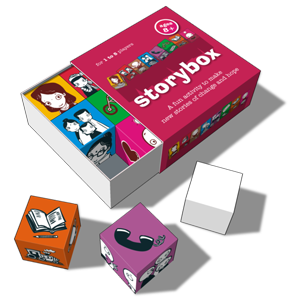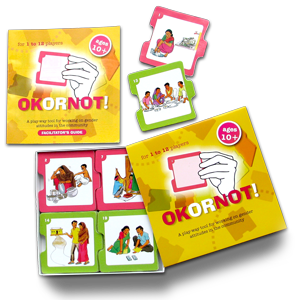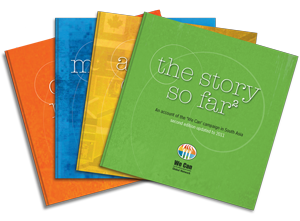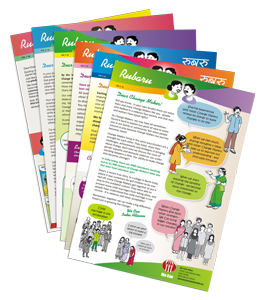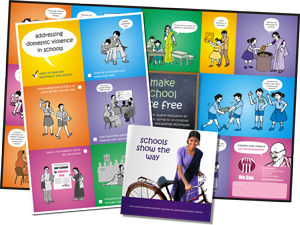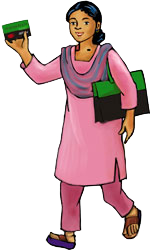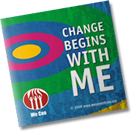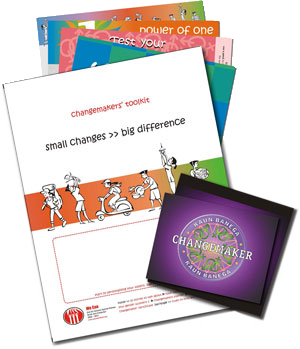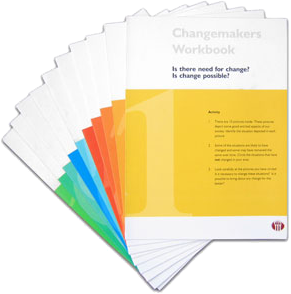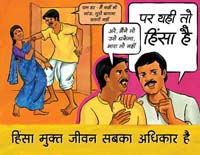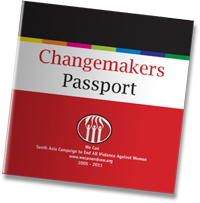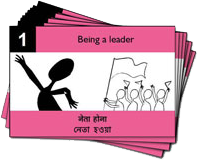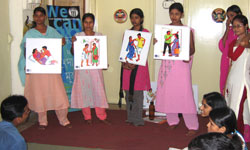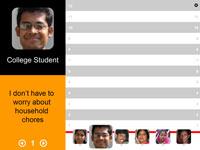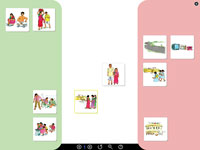Change Makers
Tools
An overview of communication tools developed for the We Can Campaign
"As a result of... severe neglect and violence, there are 50 million fewer women in South Asia today than there should be"
"We Can, the South Asia Campaign... will work to prevent and end all violence against women in six countries in the region by altering prevailing gender-biased attitudes, customs, and practices...
The campaign seeks to mobilise five million ordinary men and women Change Makers to speak up, break the silence and act to stop violence against women."
- excerpts from the We Can website
